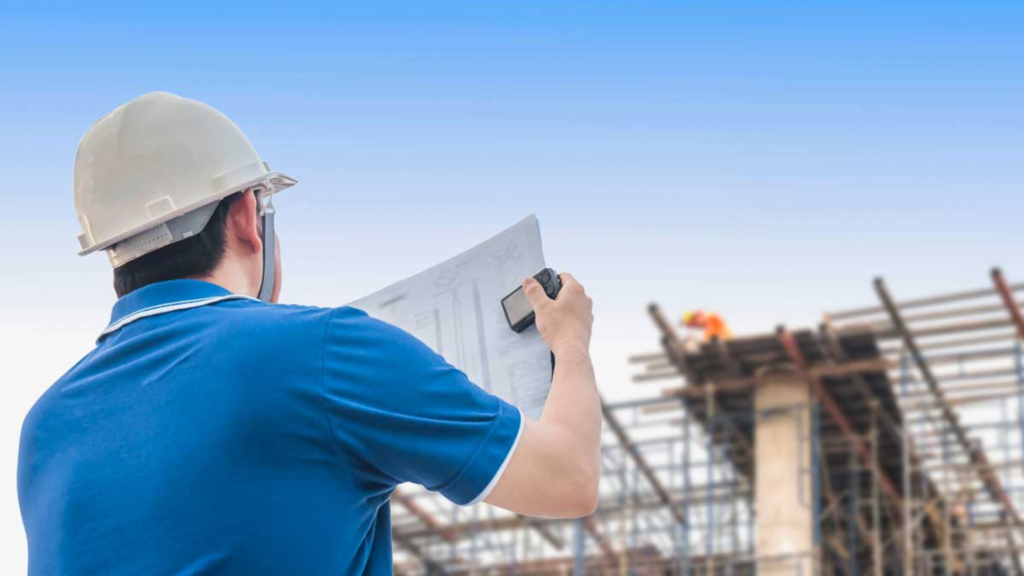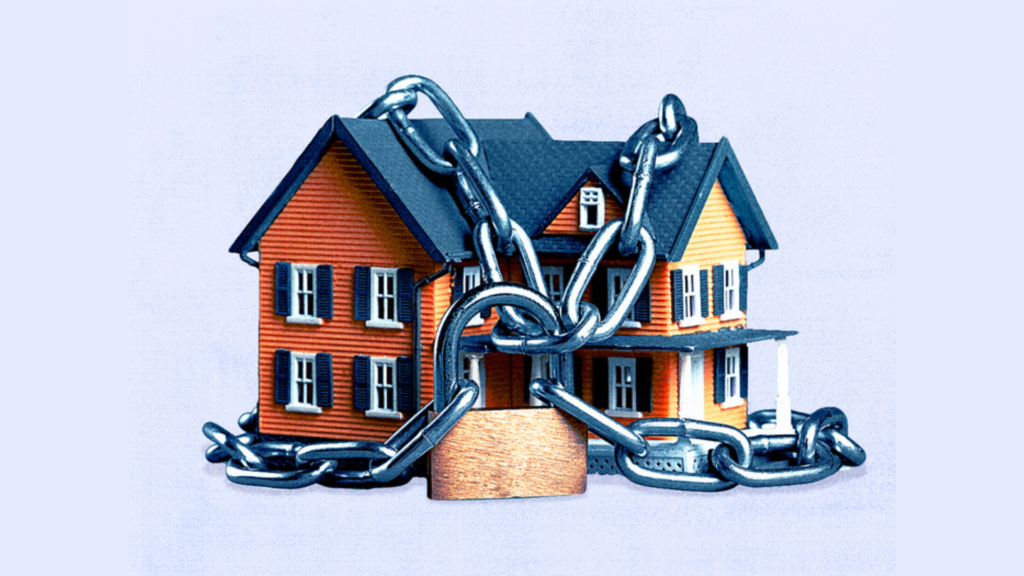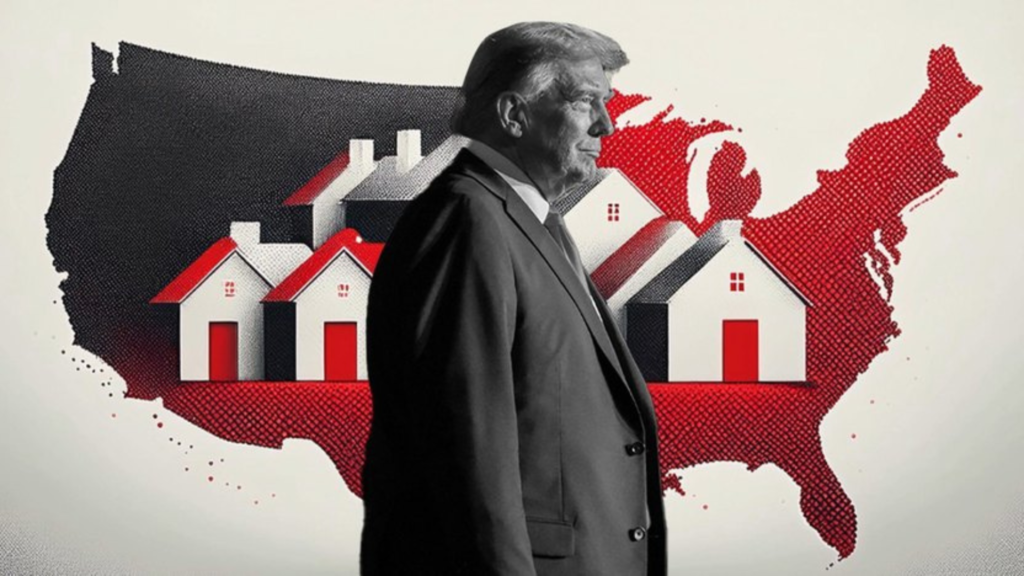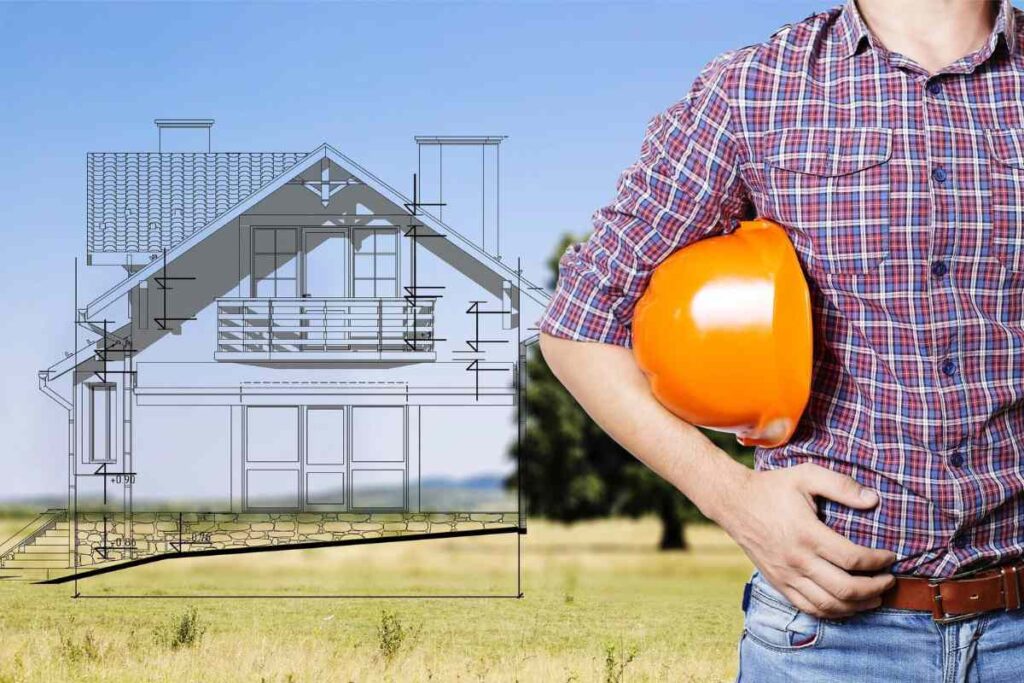The deal activity in the homebuilder industry in terms of M&A is on the rise, especially in homebuilder M&A, which has reached new heights mainly due to Japanese buyers’ interest. Such investors, which include construction and real estate firms from Japan, are investing in the U.S. housing market with the agenda of increasing their authority and seizing the high demand for homes in the United States.
These areas have become strategic for investment and collaboration due to high demand, low inventory and a persistent problem of labor shortages in the United States housing market. The acquisitions signal a change in the homebuilding sector that is otherwise periodic in response to housing requirements. Japanese buyers, who are more interested in efficiency and long-term investment, are the ones now reshaping the competitive environment in the US homebuilding industry.
Booming M&A Activity in the Homebuilder Sector
The housing sector has experienced an increase in the level of homebuilder M&A activity in the past year. Homebuilders are acquiring opportunities to expand through acquisitions from other investors globally as the demand for housing continues to increase while supply remains stagnant. Japanese firms have demonstrated considerable enthusiasm, contributing not only financial resources but also managerial expertise to American construction firms.

Plus, the timing is perfect, as the supply of houses is still controlled while the demand is high, making property values high and acquisitions the best way to expand rather than to do it organically. For U.S. homebuilders, these are win-win situations that provide cash and market share, while for Japanese investors, these are good opportunities to diversify and get into a high-growth area.
The Impact of Pandemic-Driven Housing Demand
The COVID-19 pandemic led to the highest level of demand in the U.S. housing market due to working from home as people moved to bigger homes, the suburbs, and better amenities. This also caused home prices to increase and created a need for more new developments to accommodate homeowners‘ needs. The wave of housing demand has pushed builders to keep up, despite challenges like labor shortages and high material costs.
The pandemic boosted the housing market, and investors especially Japanese companies wanted to benefit from such trends. Understanding that American homebuilders possessed a good portfolio of homes and construction plans, Japanese investors offered the necessary funds to expand the construction business in a market expected to be healthy for several more years.
ALSO READ: 25 Ways on How To Save Money When Building a House
Mortgage Rate Lock-In Effect Contributing to Housing Shortage
The mortgage rate lock-in effect is another reason for the M&A increase and has only worsened the U.S. housing shortage. New home sales are also low because existing homeowners are unwilling to sell their homes because if they do, they will have to pay hefty new mortgage rates, which are at their highest in decades. The reduction in the stock of homes offered to the market has led to increased demand for new construction.

The high mortgage rates also affect the homebuilder stocks because there will be reduced turnover of homes in the market, hence more demand for new homes. This shortage is a precious chance for Japanese investors to invest in new projects and to fill the housing deficit by either partnering or acquiring experienced American homebuilders.
Japanese Buyers Driving Acquisition Surge
The Japanese are fast emerging as a significant force in the U.S. homebuilding sector. Japanese firms have the advantage of understanding the American market and delivering efficient and high-quality buildings, having built their careers in residential construction. This trend of cross-border acquisitions is something that shows the interest that international players have in the stability and future growth of the U.S. housing market.
Major Japanese companies are targeting established U.S. homebuilders, with deals designed to infuse capital, technology, and operational efficiency. In recent years, Japanese companies like Sekisui House, Daiwa House, and others have already made strategic acquisitions, supporting projects that address growing housing needs. The combination of local market expertise and Japanese innovation in their approach has benefited both Japanese and American homebuilders.
ALSO READ: The Housing Market Is Rigged as Properties Sell Cheaper Than Their Listing Price
Potential Policy Shifts Under a New Trump Administration
Since president-elect Donald Trump has promised to open up more federal land for homebuilding, Homebuilder M&A is likely to continue into the new Trump administration. He might also put pressure on state and local authorities to relax zoning regulations that have hindered further development.
However, Trump has also promised mass deportations, which may have a significant impact on the builder workforce because the highest costs for homebuilders are land and labor. If these policies return, they will certainly promote an even more inflated business within the U.S. housing industry and attract more global investment.

Japanese investors are well aware of these policy changes, as a Trump return to power could unlock new opportunities or even encourage more investment in U.S. real estate. Furthermore, the new attitude towards business may also be beneficial for homebuilders, as it will lead to fewer restrictions and more efficient construction projects. Japanese firms will probably pay much attention to political factors as they consider their future course of action in the housing market of the United States.
Challenges Ahead: Land, Labor, and Regulatory Pressures
Although Homebuilder M&A activity has picked up and Japanese buyers are showing interest, there are still some issues to overcome. One of the biggest challenges is the persistent problem of labor shortage that has impacted almost all segments of the construction business.
A specialized workforce is still scarce, and when projects lack enough workers, they may take longer, and this is costly. These issues will be important for Japanese firms if they are to enter the U.S. market successfully.
Also, competition for land for development has increased, and the prices for the same have also gone up. Japanese investors need to consider the fact that the best locations for development are scarce and the costs are likely to go up, factors that may affect their returns on investment.
In addition, there are regulatory issues that are different from one state to another and even from one municipality to another, and these make building projects even more complicated, which can slow down the Japanese investors’ expansion plans.
Japanese investors are expected to drive an increase in homebuilder M&A activity, which will have a lasting impact on the U.S. real estate market. As Japanese firms bring their expertise in efficient construction, modular building, and sustainable practices to the U.S., these partnerships are likely to influence industry standards and practices.
With mortgage rates fluctuating, the housing shortage persisting, and homebuilder stocks facing a dynamic future, the involvement of Japanese buyers in the homebuilding M&A scene represents an important chapter in the evolving U.S. housing market.

